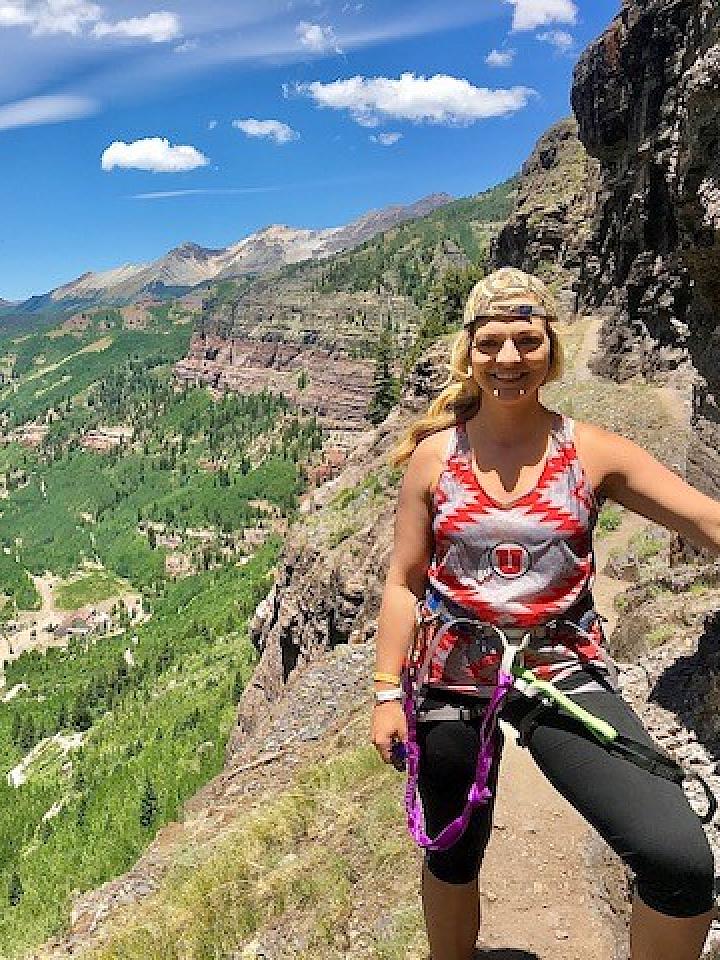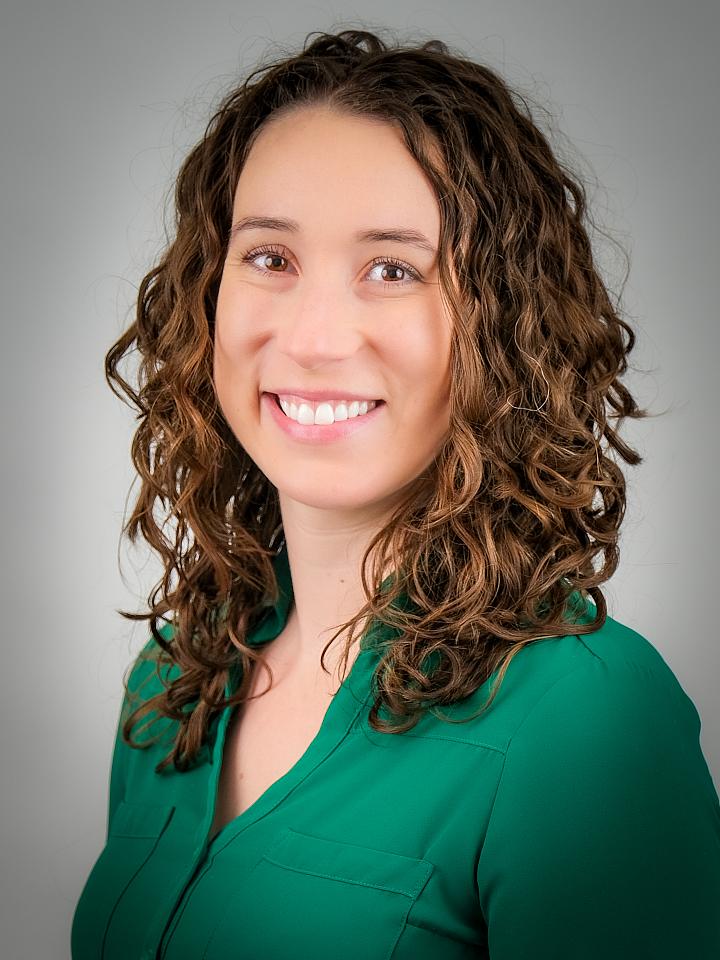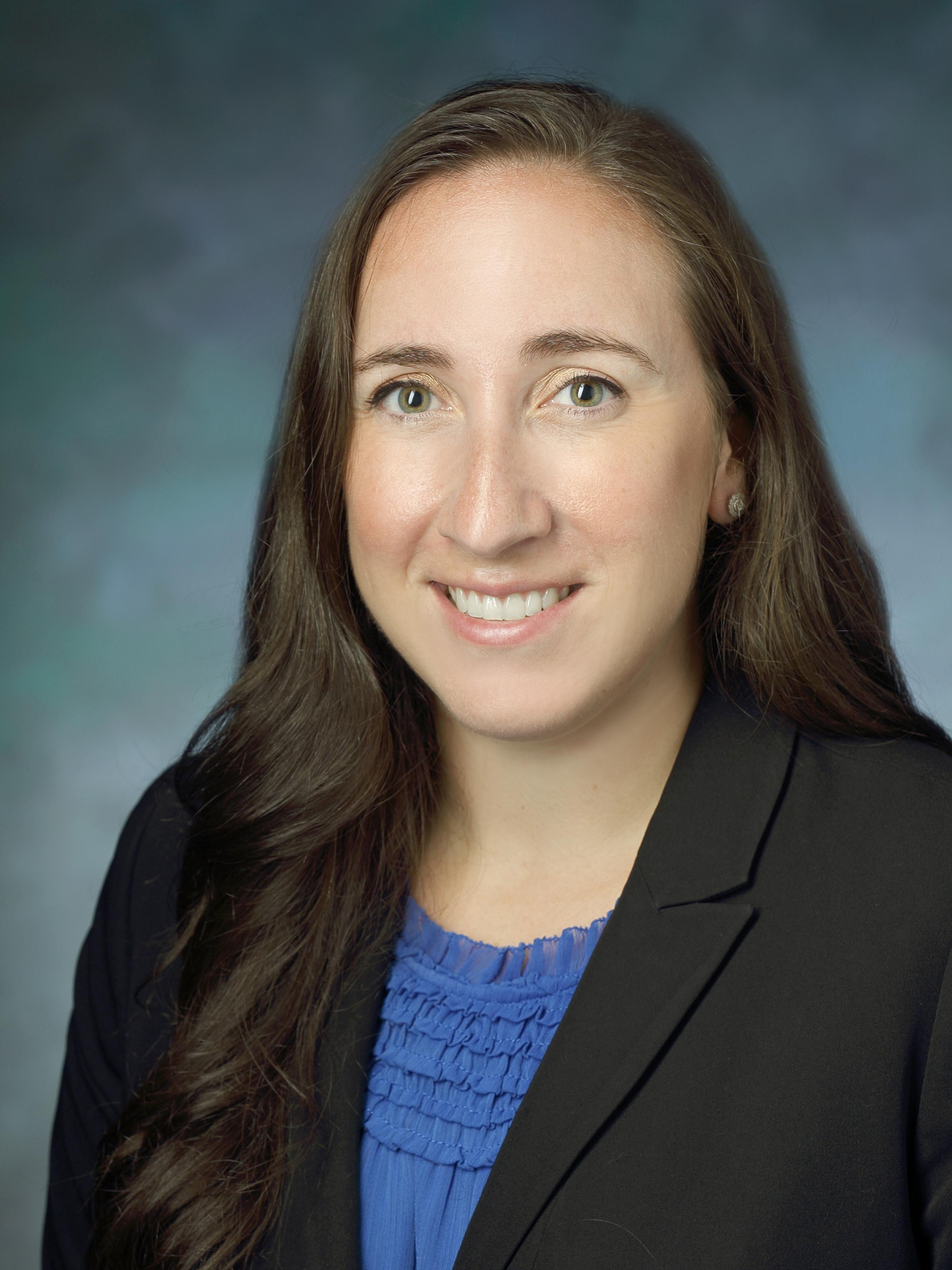
Virtual Introductory Interviews
(in place of PPS)
About this PGY2 Pharmacy Residency Program

Purpose
Our PGY2 pharmacy residency programs build on Doctor of Pharmacy (PharmD) education and PGY1 pharmacy residency training to develop pharmacist practitioners with knowledge, skills, and abilities as defined in the educational competency areas, goals, and objectives for advanced practice areas of PGY2 Oncology. Residents who successfully complete an accredited PGY2 pharmacy residency are prepared for advanced patient care, academic, or other specialized positions, along with board certification.
Program Description
The PGY2 Oncology Pharmacy Residency program of the Huntsman Cancer Institute (HCI) at University of Utah Health is an intensive, 1-year (52-week) postgraduate clinical training program in oncology and hematology pharmacy practice. HCI is an academic National Cancer Institute (NCI)-designated cancer center and National Comprehensive Cancer Center (NCCN) member institution, serving a diverse set of patients in the mountain west. HCI encompasses a wide variety of interdisciplinary clinical areas spanning all types of malignancies and includes expansion to satellite clinics and rural facilities. Rotations will be held at Huntsman Cancer Institute and Hospital, Kathryn F. Kirk Women’s Center and satellite clinics and infusion rooms.
The resident will develop an extensive knowledge base and problem-solving skills through an array of clinical experiences in acute and ambulatory care settings. The resident will be involved in providing specialized pharmacy services across various settings in both required and elective rotation opportunities. The residents will also participate in maintaining and improving oncology practice by engaging in research, MUE, administrative projects, teaching, and precepting. Upon completion of the residency, the resident will be well prepared to practice in a variety of oncology settings. The program is accredited by the American Society of Health-System Pharmacists.
Program Aims
- Demonstrate a high level of professional responsibility, dedication, skill, and maturity to practice in an oncology clinical environment.
- Develop a working knowledge of the biology of neoplasia and the evolving medication therapies in the field of oncology.
- Attain a level of didactic knowledge that will enable the resident (after additionally study) to pass the Board-Certified Oncology Pharmacist (BCOP) exam.
- Serve as a role model and instructor for graduate pharmacy students, and for practicing pharmacy residents.
- Demonstrate motivation and responsibility for self-directed, independent study and learning.
- Clearly, concisely, effectively, and appropriately communicate, both verbally and in writing, with health care professionals and patients.
- Develop a skill set of practice that assures competent practice in a variety of oncology settings.
Rotation Experiences
Required experiences include inpatient hematology, oncology, and stem cell transplant; outpatient solid tumor clinic, oncology infusion, infectious diseases; and abbreviated rotations in investigational drug services and management. Electives include oncology-specific intensive care, numerous hematology/oncology clinics, pain and palliative care, pediatric oncology, and others pending resident interest.
Teaching & Learning Opportunities
The resident will lead 6 case-based disease state reviews throughout the year that are presented to a variety of healthcare professionals for continuing medical education (CME) credit. Each resident will prepare content for both the college of pharmacy oncology pharmacotherapeutics module, the oncology elective, and is allowed to participate in additional lecture and/or recitation opportunities if interested. Each resident will prepare and present a 1-hour ACPE-accredited continuing education program in association with the Utah Society of Health-System Pharmacists (USHP). Additional opportunities are available through student and resident precepting and/or mentoring, multidisciplinary in-services, journal clubs, and topic discussions relevant to their rotations.
Service Commitment
Each resident will function as a staff pharmacist in both centralized and decentralized areas on average every 3rd weekend for a total of 384 hours over the 52-week residency year. Staffing areas include inpatient hematology, oncology, and stem cell transplant, as well as infusion, and central pharmacy operations. Residents are required to staff a portion of observed holidays.
Professional Meetings
All University of Utah residents are expected to attend the Mountain States Conference in May. (Hematology Oncology Pharmacy Association (HOPA) Annual Meeting in the Spring is required and funded by the department. Based on additional departmental funding and resident interest, residents may be able to attend the ASHP Midyear Clinical Meeting in December and/or other disease state-specific conferences.
Residency Project
Each resident will complete an approved residency project with the guidance and supervision of appropriate preceptor(s). Projects must align with our institutional strategic plan and departmental goals and should strive to fill knowledge gaps and aim to improve patient care or operations. Each resident will present their preliminary findings via Trainee Poster Presentation at HOPA Annual Conference. Additionally, residents must summarize their final outcomes as a platform presentation at the Mountain States Conference and in a final manuscript suitable for publication.
Qualifications
Candidates must graduate from an ACPE-accredited pharmacy program with a doctor of pharmacy degree (or equivalent combination of education and clinical experience). Residents must also have completed an ASHP-accredited PGY1 pharmacy residency program. Applicants must be eligible for Utah licensure and are expected to obtain licensure as a pharmacist in Utah within 90 days of the program start date. The University of Utah Pharmacy residency programs do not sponsor visas.
Recruitment and Selection
The following information must be submitted by the date specified (typically the first Friday in January) in the Pharmacy Online Residency Centralized Application Service (PhORCAS) for the applicant to be considered for a virtual half-day interview:
- Completed PhORCAS application
- Curriculum vitae
- Letter of intent
- College of pharmacy transcripts
- Three recommendations using the PhORCAS standard form
All residency programs at University of Utah Health use PhORCAS. No paper applications will be accepted. Completed applications in PhORCAS are reviewed and competitive applicants will be offered an interview. This program participates in the National Matching Service through ASHP.
Virtual Ways to "Visit" Our Campus, City, and Hospitals
Contact

Program Director
Kelley Julian, PharmD, BCOP
Clinical Pharmacist, Inpatient Hematology and Outpatient Multiple Myeloma Clinics
Adjunct Instructor, College of Pharmacy
Kelley.Julian@hci.utah.edu
Random Fact
I love to ski and enjoy wearing full-body onesies so everyone on the slopes knows where I am!

Program Coordinator
Emma Jones, PharmD, BCOP
Clinical Pharmacist, Inpatient
Hematology & Oncology Clinics
Adjunct Instructor, College of Pharmacy
Emma.Jones@hci.utah.edu
Random Fact
My husband and I have matching tattoos of our dog, Tito

Program Coordinator
Courtney C. Cavalieri, PharmD, BCOP
Clinical Pharmacist, Inpatient
Hematology & Oncology Clinics
Adjunct Instructor, College of Pharmacy
Courtney.Cavalieri@hci.utah.edu
Random Fact
I am a proud New Yorker who is dedicated to Philly (mostly Gritty) and F1 (mostly Lewis and Daniel). I’m also highly food motivated and love gardening, cooking, and baking, usually with some wine.

Program Coordinator
Molly Graveno, PharmD, BCOP
Clinical Pharmacist, Inpatient
Hematology & Oncology Clinics
Adjunct Instructor, College of Pharmacy
Molly.Graveno@hci.utah.edu
Random Fact
After Molly graduated PGY2, she read 30 books in 35 days before starting her first job.